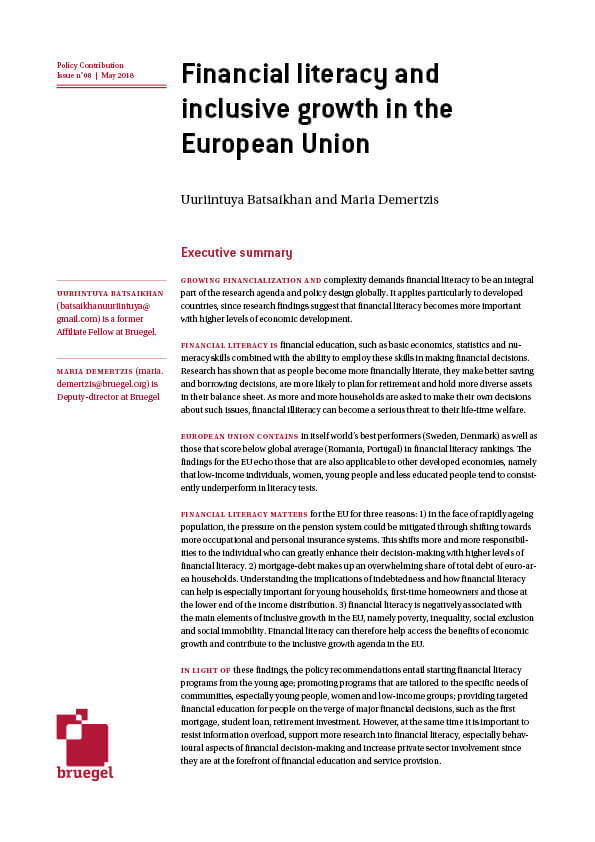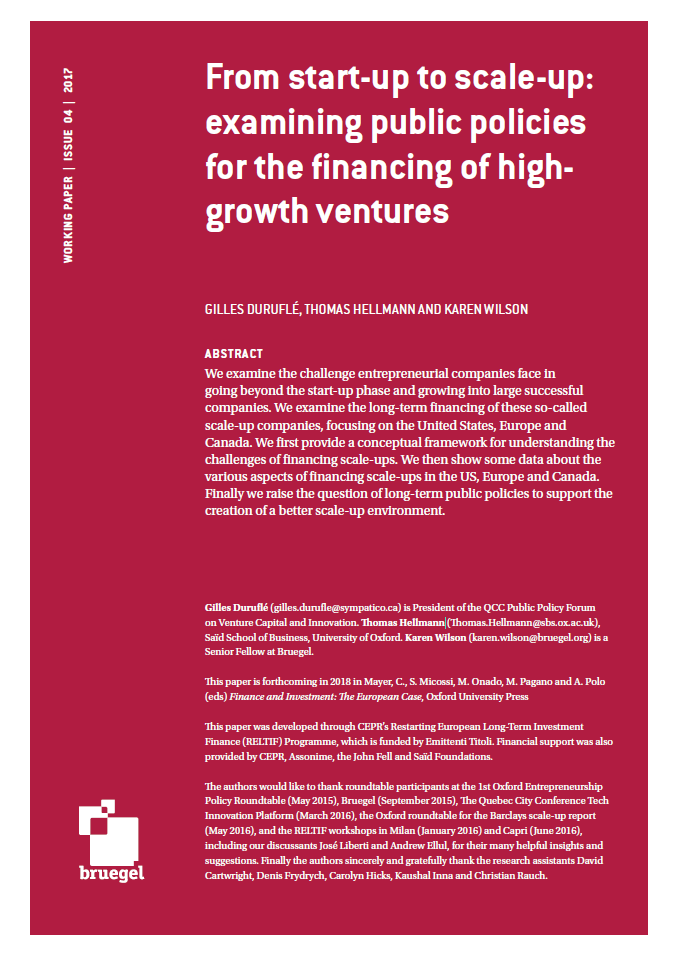Blog Post



Remote work, EU labour markets and wage inequality
More remote working in the wake of the pandemic could exacerbate wage inequality, with young workers, women and the low educated potentially losing out.
Blog Post



More remote working in the wake of the pandemic could exacerbate wage inequality, with young workers, women and the low educated potentially losing out.
Blog Post

Workers with low-educational levels suffered far worse than others in terms of COVID-19 related job losses during the first half of 2020 in the EU. Jobs for tertiary-educated workers even increased. Thus, the pandemic has increased income inequality, reinforcing the case for inclusive development.
Blog Post



A job polarisation trend has seen relatively more workers in the European Union employed in skilled and unskilled jobs, while mid-skilled jobs have been squeezed. Since the Great Recession, the supply of university graduates has risen, but the labour market’s demand for skills has not kept up. Graduates have, however, fared better than less-educated workers in terms of wages.
Blog Post


L'adoption des technologies IA repose moins sur des scientifiques de haut niveau que sur des spécialistes des données et des programmeurs compétents qui peuvent mettre en pratique les algorithmes d'apprentissage profond existants à des fins commerciales.
Blog Post



How severe is Europe’s dearth of AI talent and how does it compare to the United States, China and the United Kingdom – the world’s AI champions?
Podcast
This week's guest on the Director’s Cut of ‘The Sound of Economics’, Annamaria Lusardi, raises the urgent need to adopt policies that seek to improve people’s understanding of financial concepts and risks, in conversation with Bruegel deputy director Maria Demertzis.
Policy Contribution

Financial literacy is financial education, such as basic economics, statistics and numeracy skills combined with the ability to employ these skills in making financial decisions. As more and more households are asked to make their own decisions about such issues, financial illiteracy can become a serious threat to their life-time welfare. The authors of this paper explain why financial literacy matters and suggest, in light of their findings, some policy recommendations.
Past Event

The disruptive forces of block chain technologies in markets and industries: a European perspective
Working Paper

What are the challenges of financing scale-ups, and how can long-term public policies support the creation of a better scale-up environment?
Blog Post


In this blog post, we look at the impact of Brexit on UK’s education and research and development sectors in terms of students and staff, as well as funding.
Blog Post



Making the manufacturing sector more competitive is vital to restore economic growth in Europe. Changing business models to sell services as well as products can provide useful revenue to manufacturers.
Past Event

While there has been an increased policy focus on start-ups, few of these firms are able to survive and grow longer term. It is the high-growth businesses, ones that are able to scale-up, which create jobs and economic growth, drive innovation and improve societies. What are the barriers for young innovative firms to scale up and how can they be addressed?